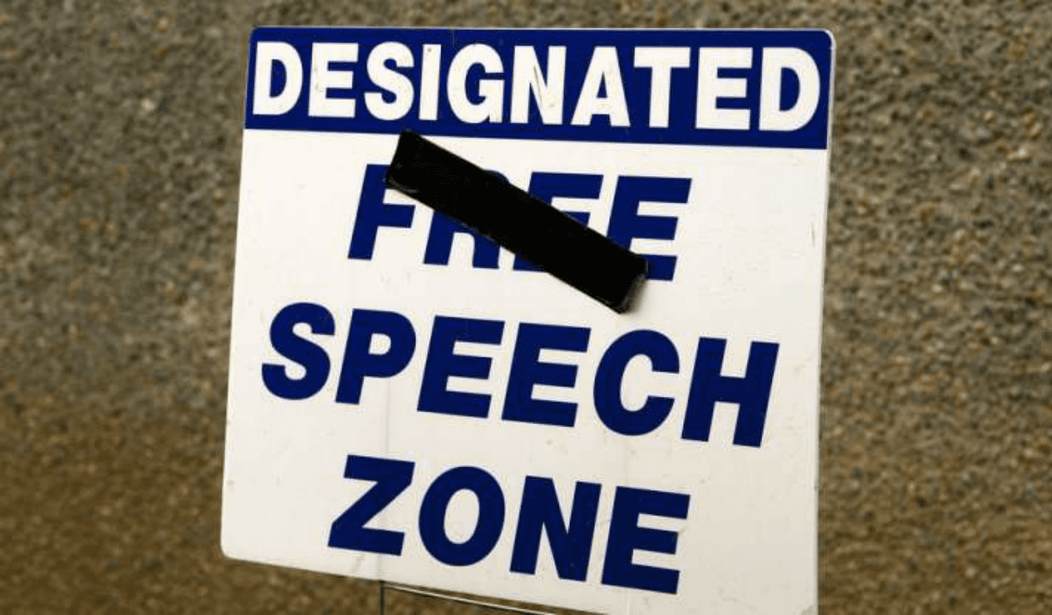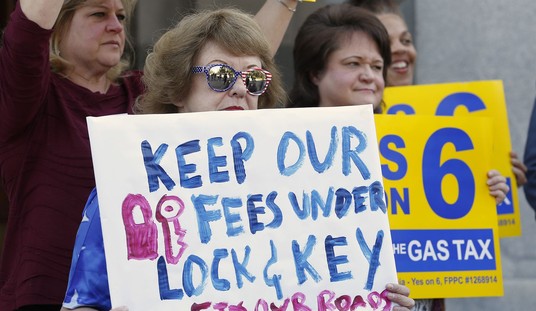The great thing about rights is that they apply to everyone. If you’re a true supporter of the Second Amendment, then you support everyone’s Second Amendment rights. If you believe in voting rights, you support the right of every citizen to vote. See how this goes?
Yet it’s clear that some can’t grasp this — even at Ivy League institutions like Princeton. From Campus Reform:
An op-ed in the Princeton University student newspaper attacking conservatives’ right to free speech has triggered an impassioned response from many students, and even a professor.
Princeton student Ryan Born argued in his op-ed for The Daily Princetonian that “when conservatives appeal to ‘free speech,'” it is safe to ignore them, since “they are appealing to a right that does not exist.”
“In my belief, when conservative ideas are opposed, there is no right that is being infringed,” he adds.
I’m going to pause for a moment because on this, he’s right. When a conservative idea is opposed, there is no infringement. Opposition to an idea isn’t the same thing as trying to take away someone’s right to say it.
Yet that doesn’t mesh with his argument that conservatives appealing to free speech are appealing to something nonexistent. Far from it. Using your free speech to counter an argument is very different from blocking me from speaking:
“Because ‘free speech’ is a cornerstone of our rights under the Constitution, it can appear that conservatives’ socially free speech has this constitutional tradition as its backbone,” he continues, but contends that conservative speech “is something much different” because “conservatives are interested in being able to propose their ideas without any political opposition to their right to speech.
Born goes on to contend that “if conservative arguments were strong, they would be convincing, and if they were convincing, they would not meet political opposition,” and conservatives would consequently not need to rely on appeals to free speech.
If anyone reading this is at Princeton and knows Born, please read this to him: strong arguments meet political opposition all the time.
You don’t think civil rights just happened overnight, do you? You don’t think slavery was abolished the moment someone thought “we probably shouldn’t allow the ownership of other people,” do you?
If free speech only protects ideas that have no opposition, then there will be no more talk of amnesty for illegal immigrants, no more support for Planned Parenthood, and no more rhetoric supporting gun control. After all, if these arguments were strong, they’d be convincing, and they would not meet political opposition.
Born’s column was met with opposition, both from students and at least one professor, which is promising. But the truth is that Born’s line of thinking isn’t unique.
There are many who seem to think just as he does, and that’s what’s really troubling. The idea that many within America shouldn’t speak because their ideas are “bad” is problematic to an uncomfortable extreme.
Let me be clear for Mr. Born’s benefit: there is no need for free speech protections for popular speech. No one is trying to block people from saying stabbing your neighbor is bad, or that puppies are cute. It’s the unpopular speech that needs protecting.
For example, the First Amendment protected the brave abolitionists, and those who marched for Rosa Parks. This wasn’t popular speech at first, and the First Amendment offered protection. It was needed. It was warranted. It was just.
Let’s hope this student gets a quick education from the system that has, so far, let him down.









Join the conversation as a VIP Member